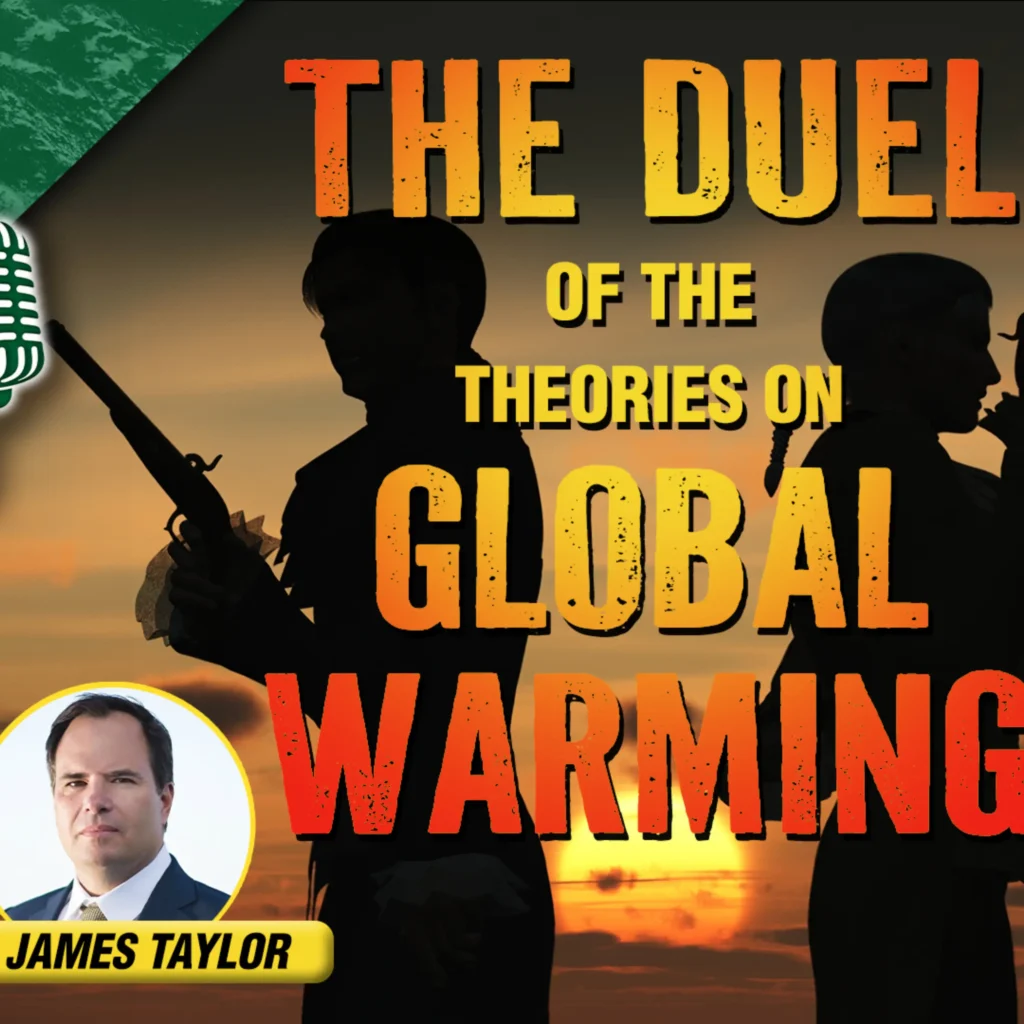Climate Change Weekly #94
Climate models used by the United Nations Intergovernmental Panel on Climate Change and other climate groups to predict future temperatures have failed miserably predicting climate in recent years, new data show.
Scientists overseeing temperature data collected by NASA satellite instruments compared real-world temperatures since 1979 to 73 climate prediction models produced by international government agencies, universities, and other climate groups, including 19 models produced by U.S. agencies, universities, and climate groups. All 73 models predicted substantially more warming than actually occurred, with the mean of the 73 models predicting three times as much warming as actually occurred.
John Christy, distinguished professor of atmospheric science and director of the Earth System Science Center at the University of Alabama at Huntsville, provided the data. Christy’s colleague Roy Spencer published the data charts on his Web site.
“I continue to suspect that the main source of disagreement is that the models’ positive feedbacks are too strong … and possibly of even the wrong sign,” explained Spencer.
“The lack of a tropical upper tropospheric hotspot in the observations is the main reason for the disconnect in the above plots, and as I have been pointing out this is probably rooted in differences in water vapor feedback. The models exhibit strongly positive water vapor feedback, which ends up causing a strong upper tropospheric warming response (the ‘hot spot’), while the observation’s lack of a hot spot would be consistent with little water vapor feedback,” Spencer explained.
SOURCE: Dr. Roy Spencer
IN THIS ISSUE
Sea surface temperatures show no recent warming … D’Aleo provides 25 ways in which alarmists proven wrong … Fraudster Gleick on board approving discredited ‘consensus’ paper … Bastardi explains climate, extreme weather … Taylor, Kreutzer join forces in carbon tax debate
SEA SURFACE TEMPERATURES SHOW NO RECENT WARMING
Global sea surface temperature remains flat with no rise in temperatures for at least the past decade, satellite instruments report. Sea surface temperatures in May were 0.01 degree Celsius below the 2003–06 average when global sea surface temperatures were relatively steady. Since 2006, sea surface temperatures have been more variable with cooler temperatures somewhat more prevalent than warmer temperatures.
SOURCE: Dr. Roy Spencer
D’ALEO PROVIDES 25 WAYS IN WHICH ALARMISTS PROVEN WRONG
Meteorologist Joseph D’Aleo published an article on meteorologist Anthony Watts’ Web site describing 25 ways in which alarmist global warming theory has been proven wrong. D’Aleo’s article provides an excellent short summary with which all people interested in the climate science and the climate debate should be familiar.
SOURCE: Watts Up With That?
FRAUDSTER GLEICK ON BOARD APPROVING DISCREDITED ‘CONSENSUS’ PAPER
Fraudster Peter Gleick, who stole documents under a false identity and likely forged a fake memo designed to cast false aspersions on skeptics of alarmist global warming theory, is on the editorial review board of the journal that published a widely discredited paper claiming a 97 percent consensus on the topic of global warming. “With the lack of scruples by [the journal] in leaving a self-admitted cyber criminal like Gleick on their board, no wonder the sort of junk such as Cook et al. gets published there,” noted meteorologist Anthony Watts.
SOURCE: Watts Up With That?
BASTARDI EXPLAINS CLIMATE, EXTREME WEATHER
Meteorologist Joe Bastardi presents an in-depth explanation of why global warming is not causing – and will not cause in the future – an increase in severe weather. In an interview with science writer Larry Bell, Bastardi explains that nature rules the climate system and natural cycles dictate most extreme weather.
SOURCE: Forbes.com
TAYLOR, KREUTZER JOIN FORCES IN CARBON TAX DEBATE
Heartland Institute Senior Fellow for Environment Policy James M. Taylor will join Heritage Foundation Research Fellow David Kreutzer in a June 13 carbon tax debate against former Republican Rep. Bob Inglis and R Street Senior Fellow Andrew Moylan. The debate will take place at 6:30 pm at the FHI 360 Conference Center, 1825 Connecticut Avenue NW, 8th Floor, Washington, DC. The debate is open to the public and we strongly encourage climate realists to attend.
SOURCE: R Street
The Climate Change Weekly Newsletter has been moved to HeartlandDailyNews.com. Please check there for future updates!





